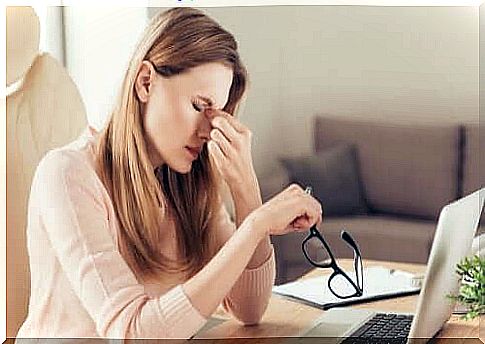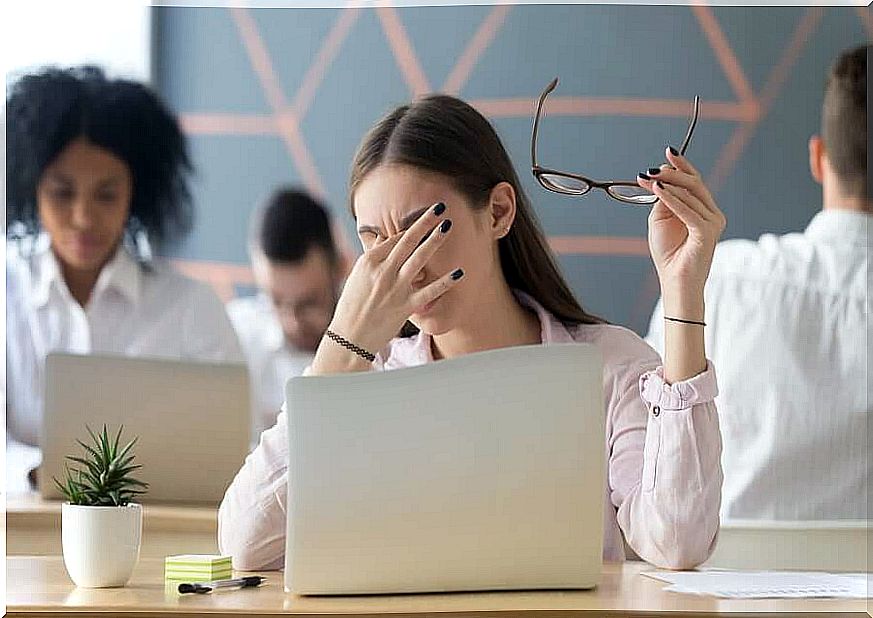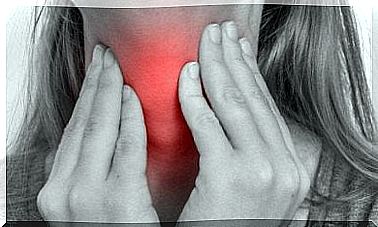The Keys To Good Visual Hygiene

What are the keys to good visual hygiene? Although the name is a bit confusing, this does not refer to cleansing the eyes. In fact, it is a medical concept that is about far more than that. It is a set of simple rules that can help prevent damage to your vision.
In other words, visual hygiene consists of changing certain habits, such as the distance between your eyes and your book, to take care of your vision. This can also be called visual ergonomics.
These standards of visual hygiene have become even more important today. In modern times, we spend almost all our days in front of mobile and computer screens, either for work or simply out of habit.
All this makes our vision more and more problematic. Most people actually end up needing glasses at some point in their lives or suffer from some sort of problem such as eye strain, myopia or something else.
So in this article, we explain what visual hygiene consists of and what simple rules can help you prevent or reduce vision problems. Read on to find out the keys to good visual hygiene.
Visual hygiene standards for work

Currently, most jobs are office-based and require being in front of a computer or a monitor. From a very young age, children also spend hours and hours in front of a book or looking at blackboards in class.
This means that during all these hours we constantly strain our vision. We also do not pay attention to our posture, nor do we let our eyes rest. All of this can accumulate and end up damaging our vision.
Visual hygiene when reading or writing just requires a few very simple rules. If you use them, you will notice over time that your eyes at the end of the day no longer give you that much discomfort. You may even find that your vision is improved. Some of these rules are as follows:
- You need to pay attention to posture
- The first rule leads us to another: You must choose your workplace well. It is important that the chair and desk we use allow us to be comfortable. Some experts recommend that you use a chair with an adjustable height and that the table can be tilted based on your preferences.
What other guidelines for visual hygiene are there?

One of the most important ways to take care of our visual hygiene is by taking breaks. It is true that rest during work or study is absolutely necessary. It allows our mind to improve its performance and it is no different to our eyes.
When we look at a nearby object for a period of time, our eyes get tired. Therefore, it is always recommended that for every half hour of work you take a short break, perhaps just for a minute, to rest your eyes.
What are the keys to good visual hygiene? Although the name is a bit confusing, this does not refer to cleansing the eyes. In fact, it is a medical concept that goes further. It is a set of simple rules that can help prevent damage to your vision.
On the other hand, another important factor in visual hygiene is the distance we stand from what we want to see. The best advice, in the case of a book or a monitor, is to maintain a distance at least around the length of our forearm.
However, it is not only the workplace that requires care and attention. Simple and daily activities like watching television are also essential when thinking about the keys to visual hygiene. In this case, it is especially important to check the distance, which should be about seven times the size of the screen.
Concluding remarks on good visual hygiene
Visual hygiene includes a number of very simple rules that include taking care of our posture in front of a book or a computer, which helps us improve our vision and avoid problems later in life.
However, the most important thing is always to seek the advice of an ophthalmologist with questions about vision problems. They are best suited for assessing your visual hygiene and can provide specific advice on what is best for you.









